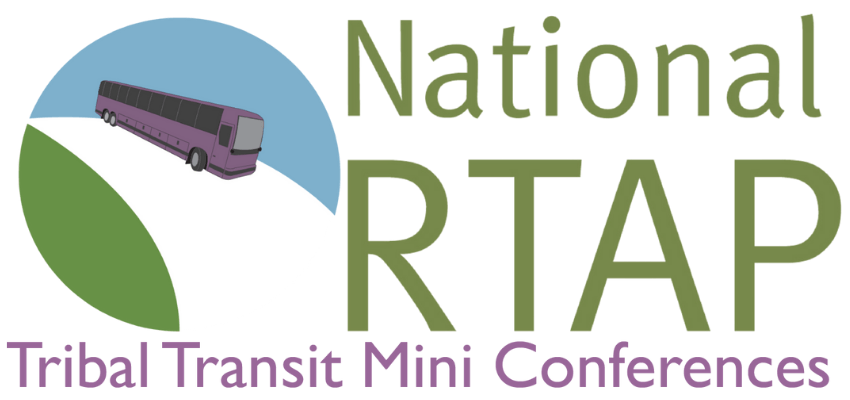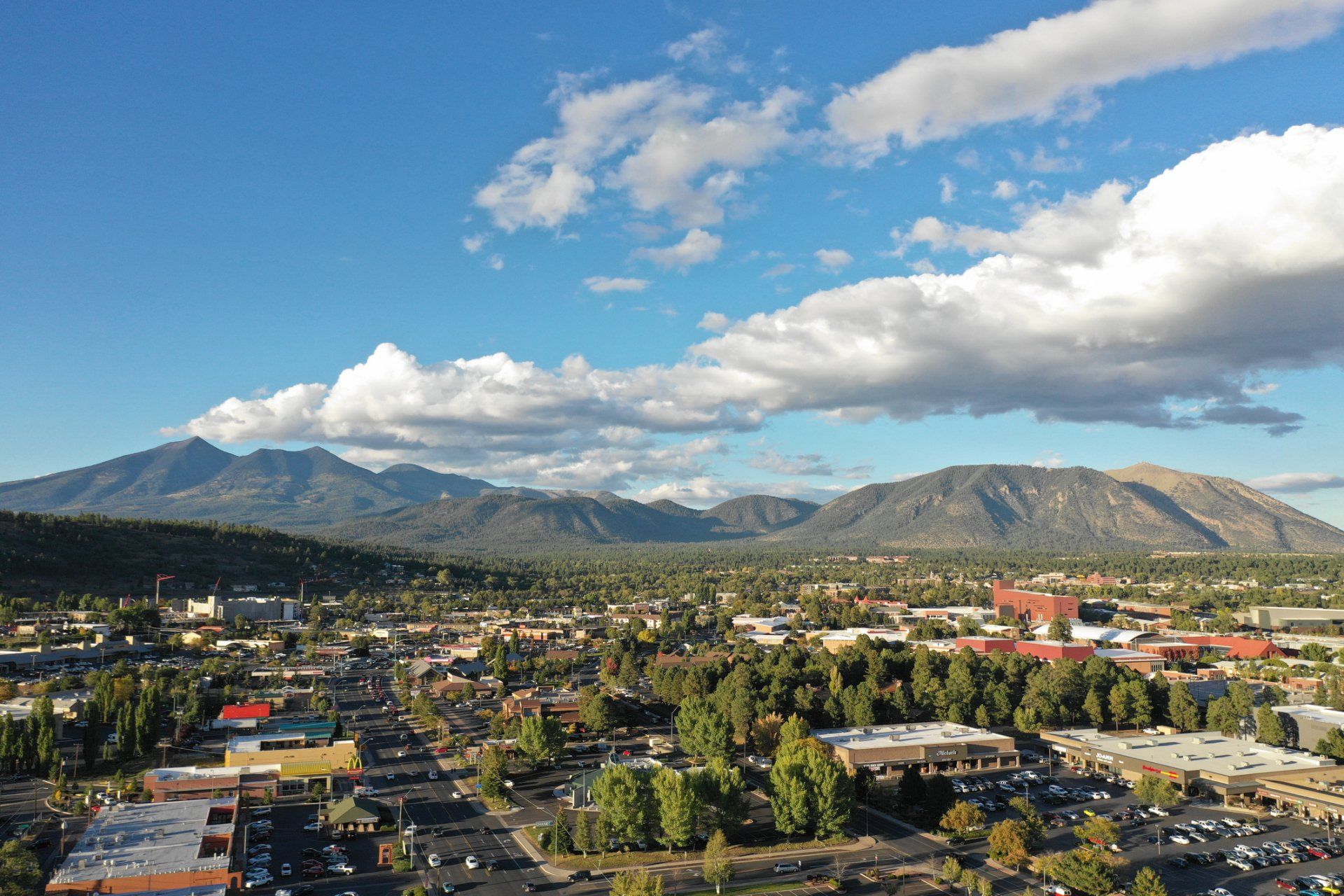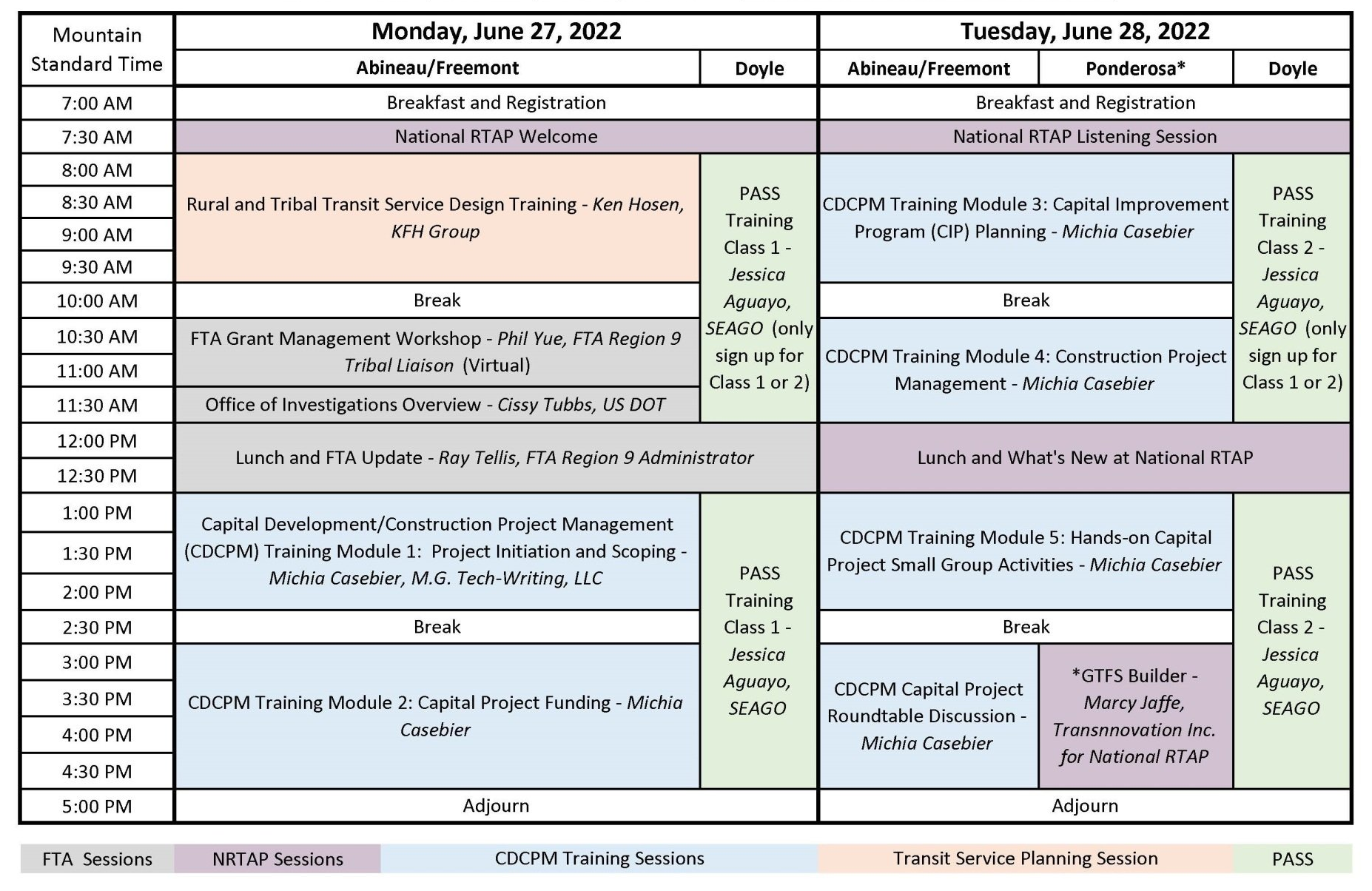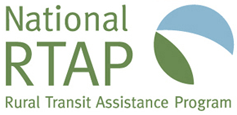

Tribal Transit Training Conference
Flagstaff, Arizona, June 27-28, 2022
High Country Conference Center
See below or download an Excel or PDF version of the agenda. Scroll down for session descriptions. NOTE: The PASS training was a one-day course offered twice.

Session Descriptions
-
Capital Development and Construction Project Management (CDCPM) Training
Presenter: Michia Casebier, M.G. Tech-Writing LLC
Module 1: Project Initiation and Scoping
Based heavily on the FTA’s Project and Construction Management Guidelines and Construction Project Management Handbook as well as the experience of construction project managers, this interactive presentation provides an overview of capital project initiation and scoping basics along with tips for effective capital project cost estimation and solicitation development. Attendees will be encouraged to share their transit construction successes and challenges and will participate in construction pricing and scope-of-work writing exercises. Attendees will obtain an improved understanding of how to successfully initiate a Tribal Transit capital project.
Module 2: Capital Project Funding
As the blessing continues of millions of federal infrastructure dollars seemingly raining down from the sky, tribes and Tribal Transit Program managers and personnel find themselves challenged to competitively pursue, then efficiently administer the volume of grants currently available. This interactive presentation will detail techniques for writing competitive Tribal Transit Program grants for capital project development despite limited staff time and availability and/or access to FTA support staff. Attendees will do a short individual writing exercise to rough out a basic transit grant project abstract and will break into two groups to discuss how best to overcome issues with pursuing/administering Grants for Buses and Bus Facilities Program, CARES and America Rescue Plan Act, USDA Rural Development, and ICDBG funding for transit construction. Further, workshop participants will walk away with vital transit grant development handouts, resources, contacts, links to essential FTA transit grant regulation information, and an understanding of the most important elements to address in their tribal transit capital grant application.
Module 3: Capital Improvement Program (CIP) Planning
This module gives an introduction to the Capital Improvement Program planning process; including, but not limited to, defining what a Capital Improvement Plan (CIP) is; why plan updates occur annually; the four primary components of a CIP; how ranking criteria for project prioritization should be formalized, as well as how one's Tribal Transit Program CIP process can improve annually, win more funding, and gain higher prioritization by tribal administration. Discussion will review some sample CIPs, and a small group exercise will take participants through a practice tribal CIP development process.
Module 4: Construction Project Management
Combining guidance from both the FTA Construction Project Management Handbook and tribal subject matter experts with decades of project management experience, this module offers direction to those who are taking on sizable construction projects despite limited prior experience. Commencing with a strong introduction to construction project management, including the application of project management principles through all phases of project development (e.g., project initiation through planning, environmental clearance, real estate acquisition, design, construction, commissioning, and closeout), participants will learn how best to administer their project contracts via in-house or consultant resources, complete said projects on time and within budget, and comply with project specifications.
Module 5: Hands-on Capital Project Small Group Activities
After learning some solicitation and scope-of-work development basics, attendees will break into small groups to read sample transit construction solicitations in order to identify effective and troublesome language to include or avoid when drafting capital project solicitations and/or scopes-of-work for transit construction projects. The module will conclude with a hands-on small group exercise during which participants will draft single-page solicitations for a proposed tribal transit construction project.
Capital Project Focus Group Discussion
Join us to hear and learn from a panel of tribal transit personnel about the “good, bad, and the ugly” of their capital project development experiences. Panel members will detail specific case studies of tribal transit and/or tribal construction project successes, share cautionary tales, and answer questions posed by both the moderators and attendees.
View Conference Presentations:
Capital Project Initiation and Scoping
Capital Improvement Program (CIP) Planning
-
CTAA’s Passenger Assistance, Safety and Sensitivity (PASS) - 1-Day Course
Instructor: Jessica Aguayo, Southeast Arizona Governments Organization (SEAGO)
Description: The PASS driver training program is the recognized industry standard when it comes to ensuring that your passengers are transported in the most safe, sensitive and careful manner possible. PASS is ideal for non-emergency medical transportation (NEMT) trips, for ADA paratransit services, for specialized transit for older passengers, for human and social service riders — really any transportation operation where the passengers require extra care. PASS trained drivers know how to safely and sensitively transport everyone.
NOTE: The PASS training is a ONE DAY (8 hour) course. We are offering it twice for your convenience. If you want to take the class on Day One or Day Two of the conference, and you want to also attend the conference on the opposite day, please register for both the Conference and the PASS Training (at no additional cost).
-
The Art and Science of Rural and Tribal Transit Service Design for the 2020s
Presenter: Ken Hosen, KFH Group, Inc.
Description: The theory and practice of rural transit service design has changed dramatically since the 1990s. Innovations in service designs and technology have driven these changes. Unfortunately, many rural and tribal transit systems are still operating 1990s services and losing out on potential ridership. The developments over the last five years tell us it is time to think in the year 2022 and use the combination of proper service design/planning and the appropriate technologies to enhance service, improve ridership and raise the stature of your system.
This introductory workshop, part of a series on rural transit service design, is focused on the basic theories that drive ridership in rural areas, considering the wide range of rural areas found across the country. All of the designs reviewed are proven in the rural transit world and many examples will be cited. The workshop will give the participants an understanding of the most appropriate 2022 service designs/options. Each of the service designs will be discussed in the context of the wide variety of service areas.
The last part of the workshop will include an exercise where participants will be able to apply what they learned in the presentation. The presenter will select an example of a real rural system and have all the participants review the service and apply the lessons learned in the session.
View Conference Presentation:
The Art and Science of Rural and Tribal Transit Service Design for the 2020s
-
Federal Transit Administration (FTA) Updates and Grant Management Workshop
Ray Tellis, FTA Region 9 Administrator, will provide many updates for Tribal Transportation providers in person at the conference.
Phil Yue, FTA Region 9 Tribal Liaison, will provide practical information about FTA grant management. She will present virtually. These sessions are for seasoned, new, and potential transit professionals.
View Conference Presentations:
Bipartisan Infrastructure Law Provisions for the Tribal Transit Program
-
US DOT Office of Investigations Overview - Reporting Fraud in Transit
Presenter: Cissy Tubbs, Special Agent-in-Charge, US Department of Transportation, Office of Investigations, Western Region
Description: This session will provide an overview of the US DOT Office of Investigations, including what the OIG is, what types of fraud the office investigates, and how transit agencies can report any fraud they encounter.
View Conference Presentation:
-
GTFS Builder Workshop
Instructor: Marcy Jaffe, Transnnovation Inc. for National RTAP
Description: Do you want to increase ridership at no cost? Do want to reduce stress on your scheduling/dispatching staff? Do you want your fixed route and on-demand services to be visible on online trip planners? If you answered yes, this training is for you! This hands-on session will help you publish your services online.
General Transit Feed Specifications (GTFS) is the international standard used to digitize and publish trip plan data (bus stop locations and schedules). This training walks you through National RTAP’s free GTFS Builder application, a simple tool used to develop GTFS data. With GTFS Builder, your transit services can be published on trip planners such as Google and Apple Maps, Bing, and others. You will also learn options for getting your on-demand service published.
In advance of the training, you will need to have the Microsoft version of Excel and Google Earth Pro Desktop (free) loaded on your laptop, if you choose to learn-as-we-go together. You may also need permission to run macros in the Excel files from your IT department. Please reach out to them. Bring a copy of your timetable and a list of bus stops, ideally with geographic location: latitude and longitude. We will follow-up for those who register in advance for this session.
-
Tribal Injury Prevention Resource Center
View Conference Presentation:

National RTAP offers one-stop shopping for rural and tribal transit technical assistance products and services. Call, email, or chat with us and if we can’t help with your request, we’ll connect you with someone who can!
" National RTAP offers one-stop shopping for rural and tribal transit technical assistance products and services. Call, email, or chat with us and if we can’t help with your request, we’ll connect you with someone who can! "
Robin Phillips, Executive Director
" You go above and beyond and I wanted to let you know that I appreciate it so much and always enjoy my time with you. The presentations give me so much to bring back to my agency and my subrecipients. "
Amy Rast, Public Transit Coordinator Vermont Agency of Transportation (VTrans)
" I always used the CASE (Copy And Steal Everything) method to develop training materials until I discovered RTAP. They give it to you for free. Use it! "
John Filippone, former National RTAP Review Board Chair
" National RTAP provides an essential service to rural and small transit agencies. The products are provided at no cost and help agencies maximize their resources and ensure that their employees are trained in all aspects of passenger service. "
Dan Harrigan, Former National RTAP Review Board Chair
" We were able to deploy online trip planning for Glasgow Transit in less than
90 days using GTFS Builder. Trip planning information displays in a riders'
native language, which supports gencies in travel training and meeting Title VI
mandates. "
Tyler Graham, Regional Transportation Planner Barren River Area Development District
Slide title
" Having a tool like GTFS Builder is really light years ahead of what it used to be at one time in terms of how fast you can put everything together. Our university students really can't imagine transit without it, so I think it's very important for us in terms of attracting that particular demographic. "
Michael Lachman, Transportation Services Manager HAPCAP - Athens Transit
Slide title
" In the past we used proprietary database software that was very challenging, very murky, and hard to update. GTFS Builder is a great opportunity to make this more user-friendly, more readily updatable and it
would enable us to show how to create a GTFS to more of the staff. "
Jaime McKay, Former Manager of Direct Services Center for Mobility Equity
Slide title
" Collaboration is a buzz word these days in the industry. On behalf of our Tribal segment, I appreciate RTAP for making Tribes a partner in industry opportunities. The organization goes over and beyond reaching partners one would not expect in a busy industry such as public transportation. Thank you for your tireless efforts! "
Franklin Akoneto, Comanche Nation
Slide title
"We are so very thankful for all your transportation training materials. Your resources are as valuable as gold!"
Holly Walton, Transportation Assistant Manager, Curative Connections
A program of the Federal Transit Administration administered by the Neponset Valley TMA
National RTAP is committed to making this website accessible to persons with disabilities. If you need assistance accessing any content on our website or need alternative formats for our materials, please contact us at info@nationalrtap.org or 781-404-5020.
by National RTAP |


